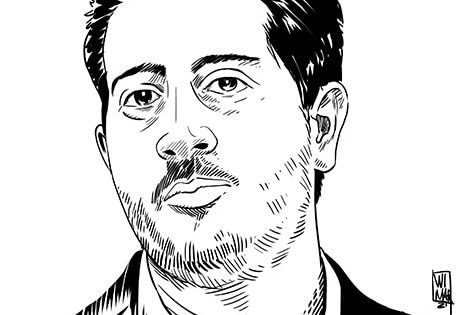(Freedom House/IFEX) – The following is an 11 February 2008 Freedom House press release: Student Critic of Cuban Government Should be Immediately Released February 11, 2008 – The recent arrest of a young critic of the Castro regime is a blatant violation of the universal right to free speech and a stark reminder that Cuba […]
(Freedom House/IFEX) – The following is an 11 February 2008 Freedom House press release:
Student Critic of Cuban Government Should be Immediately Released
February 11, 2008 – The recent arrest of a young critic of the Castro regime is a blatant violation of the universal right to free speech and a stark reminder that Cuba remains an authoritarian society, despite efforts by Raul Castro’s administration to appear more accepting of criticism, Freedom House said today.
Speaking at an event at Havana’s University of Computer Science last week, the president of the Cuban National Assembly, Ricardo Alarcon, invited students to voice questions and comments. In response, Eliecer Avila, a student at the university, raised the issues of dual currencies operating in Cuba, travel restrictions, and a lack of employment opportunities as causes behind the younger generation’s disconnect from the regime’s plan for the future. A few days later, Mr. Avila was arrested and has not been in touch with his family since.
“Freedom House strongly urges the immediate release of Mr. Avila, whose only fault was to raise obvious inconsistencies between government words and reality,” said Jennifer Windsor, executive director of Freedom House. “Over the past year, the Cuban regime has implied that citizens are welcome to criticize their government in the same manner as residents of free countries. However, Mr. Avila’s arrest demonstrates that this is simply empty rhetoric. Cuba remains the same extremely repressive country that it has been since Fidel Castro assumed power.”
In the nearly eighteen months since Raul Castro replaced his ailing brother, his administration has introduced the message that, when properly exercised, criticism is essential to the country’s advancement. During an event with Havana university students in December 2006, the younger Castro encouraged students to share their concerns about Cuba’s future directly with him, stating that “a unified command . . . doesn’t mean that discussions can’t happen.” In July 2007, Raul Castro invited Cuban citizens to “work with a critical and creative spirit,” seemingly paving the way for open discussion among Cubans.
However, the regime has been reluctant to genuinely embrace constructive criticism, and the discontent that may accompany it. In January 2008, a meeting to discuss a new tax on workers employed by foreign companies was abruptly halted when the workers present collectively protested the new legislation. Other question and answer sessions with the public were quickly canceled as well.
“It is obvious that the Cuban population is starving for open debate, but the regime is failing to follow through with its end of the offer,” said Ms. Windsor. “The Cuban government is learning that an invitation to comment may open a Pandora’s box of dissatisfaction – and it is clearly not ready to truly represent its citizens by listening to their complaints and addressing them.”
Cuba is ranked Not Free in the 2008 edition of Freedom in the World, Freedom House’s survey of political rights and civil liberties, as well as in the 2007 version of Freedom of the Press.
Freedom House, an independent nongovernmental organization that supports the expansion of freedom in the world, has been monitoring political rights and civil liberties in Cuba since 1972.


